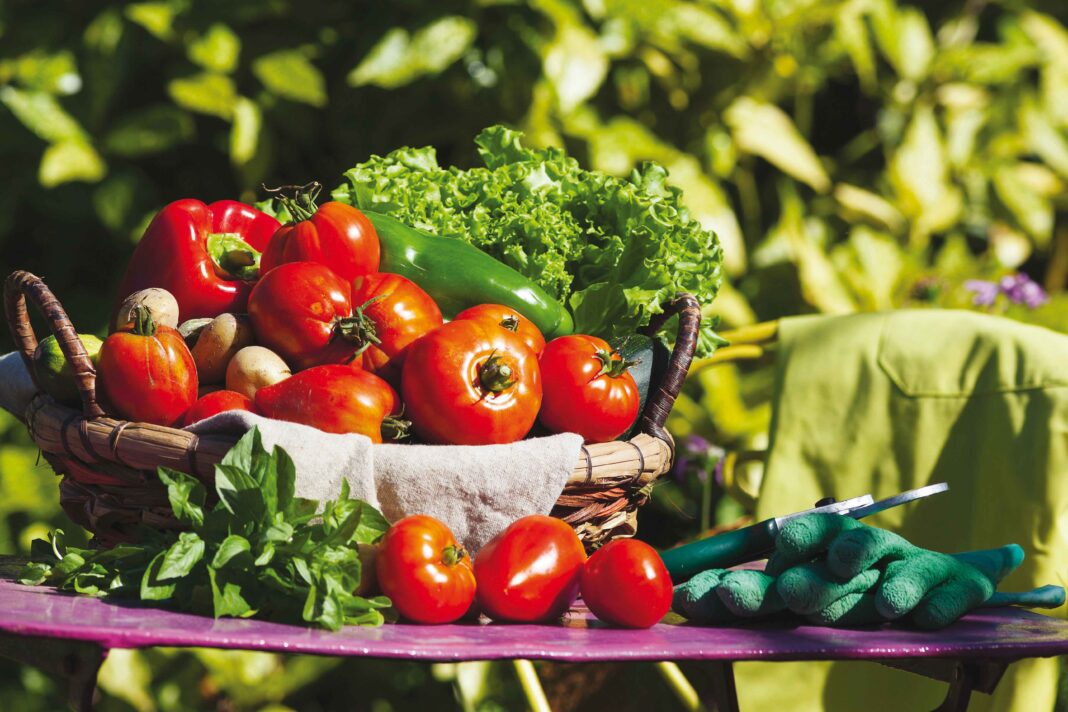In a study on the distribution of organic food products in France, "Les Échos Études" deciphers the strategies and trends that are moving the food distribution lines of organic products in France. It makes it possible to assess the market potential and outline the distribution landscape by 2025..
With a steady growth rate, the craze for organic is not waning. The French market for organic products continues to grow exceptionally. From a decade, the organic products market experiences double-digit annual growth. Organic is now anchored in the habits of the French : 47% of them are regular consumers of organic products in 2019 compared to 37% in 2015. Organic is for the moment the big winner of the health crisis. The strengthening of the eco-responsible practices of the French with the Covid-19 crisis has benefited organic with strong growth dynamics in all distribution channels. Thus organic recruited 8% of new buyers during the confinement period (source Spirit Insight study for Agence Bio). However, the economic crisis could constitute a possible brake on the development of the market., with a risk of seeing the price battle win over that of the historical values of organic. The economic consequences of the health crisis indeed exacerbate the polarization of consumption torn between tensions over purchasing power and the desire for more responsible and healthy consumption..
Supermarkets are widening the gap
The French market, characterized by multichannel distribution, is dominated by large retailers and organic specialty stores. But in recent years, the generalist circuit drives growth and takes market share to the detriment of 100% organic brands. Development of references under distributor brands and catching up with major leading brands, the assortment in supermarkets has grown considerably. In 2019, mass distribution now accounts for nearly 55% of the turnover of organic food products. More, to establish itself in this strategic market, generalist distributors are present on all fronts of organic distribution. In this logic, these reinforce their position on the specialized circuit via their own brands, by launching new concepts like Casino Bio at the end of 2019 or Le Marché Bio Leclerc in 2018, or by buying existing players. This is the case of Carrefour which took over So.bio in 2018, then Bioazur and Bio c’Bon in 2020. From now on, 17% of specialized stores are under the control of large general retailers.
Organic fuels greed
Faced with this competition, leading 100% organic brands remain dynamic. Biocoop, Naturalia and La Vie Claire recorded very good performances in 2019, thanks to the continued store openings, and more and more offensive communication. Thus the growth in turnover of the top 3 specialized organic brands in 2019 (Biocoop, La Vie Claire, Naturalia) was 14%. On the other hand, smaller retailers are suffering from this increasingly fierce competition. On the online sales side, and leader Greenweez, bought by Carrefour in 2008, continues its development in Europe and launches in the rapid delivery of fresh products in the Paris region. New e-merchants (Aurore Market, The fork, Kazidomi) appeared with a subscription-based business model that allows them to offer attractive prices. Finally, the exceptional growth of food e-commerce during the confinement period requires specialized brands to accelerate their digital shift. Finally the garden centers, who seek to diversify into peripheral growth driver activities, invest in food and especially organic. Botanic has been a pioneer since 2008 with its organic market spaces. In Vivo, which has strong ambitions for its retail division, also relies on organic and local to develop its garden centers. In this perspective, he took over the Bio brand at the end of 2018&Co. On his side, Truffaut has built an organic grocery offering specifically for its urban concepts.












